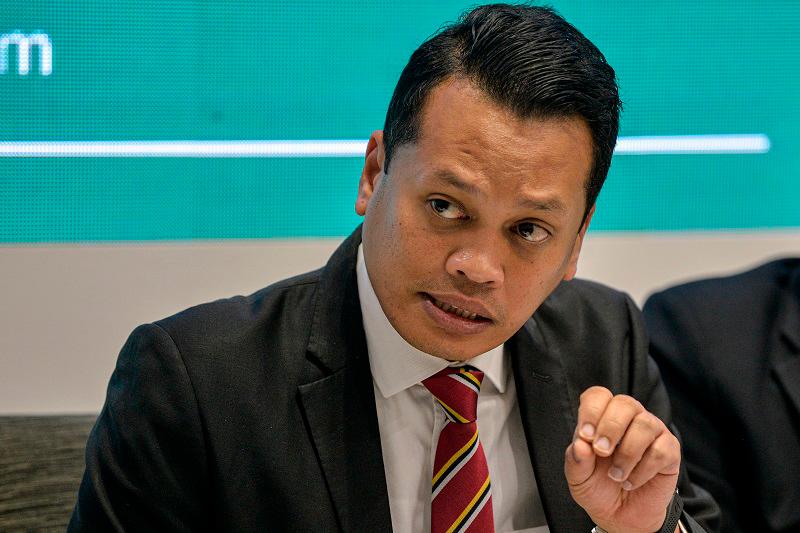KUALA LUMPUR: Although Malaysia contributes only 0.8 per cent of global greenhouse gas emissions, the country is highly vulnerable to climate impacts, said Natural Resources and Environmental Sustainability Minister Nik Nazmi Nik Ahmad.
Nik Nazmi said Malaysia is committed to enhancing adaptation efforts and aligning with the United Arab Emirates Framework for Global Climate Resilience, as discussed during the 28th Conference of the Parties (COP28) in Dubai last year.
He said this commitment also aligns with Malaysia’s upcoming chairmanship of ASEAN next year.
“Our actions will shape the world our children and grandchildren will inherit. Just as the youth are not too young to make a difference, our country is not too small to impact the world,” he added.
Nik Nazmi said this in his opening speech today at the Youth Climate Adaptation Forum, titled Embracing Resilience In Malaysia, which was held in conjunction with the International Greentech & Eco Products Exhibition And Conference Malaysia (IGEM).
The forum focused on young people and featured discussions on sustainable cities, biodiversity conservation and ecosystem restoration, sustainable agriculture and food security, climate justice, awareness and education.
Nik Nazmi highlighted that the young generation is a critical partner in addressing climate and environmental issues unique to Malaysia.
On June 7, the Natural Resources and Environmental Sustainability Ministry established the Youth Cluster, a sub-panel under the Climate Change Consultation Panel, aimed at incorporating youth perspectives from diverse organisations and communities into national climate initiatives.
In a statement, the ministry said a joint report by the United Nations Development Programme, UNICEF and EcoKnight titled Change for Climate (2020) found that 92 per cent of young people surveyed in Malaysia recognise climate change as a crisis and are willing to take action.
Engaging youth in adaptation and resilience building is therefore seen as the most effective way to protect them and their communities from both the immediate and long term impacts of climate change.









